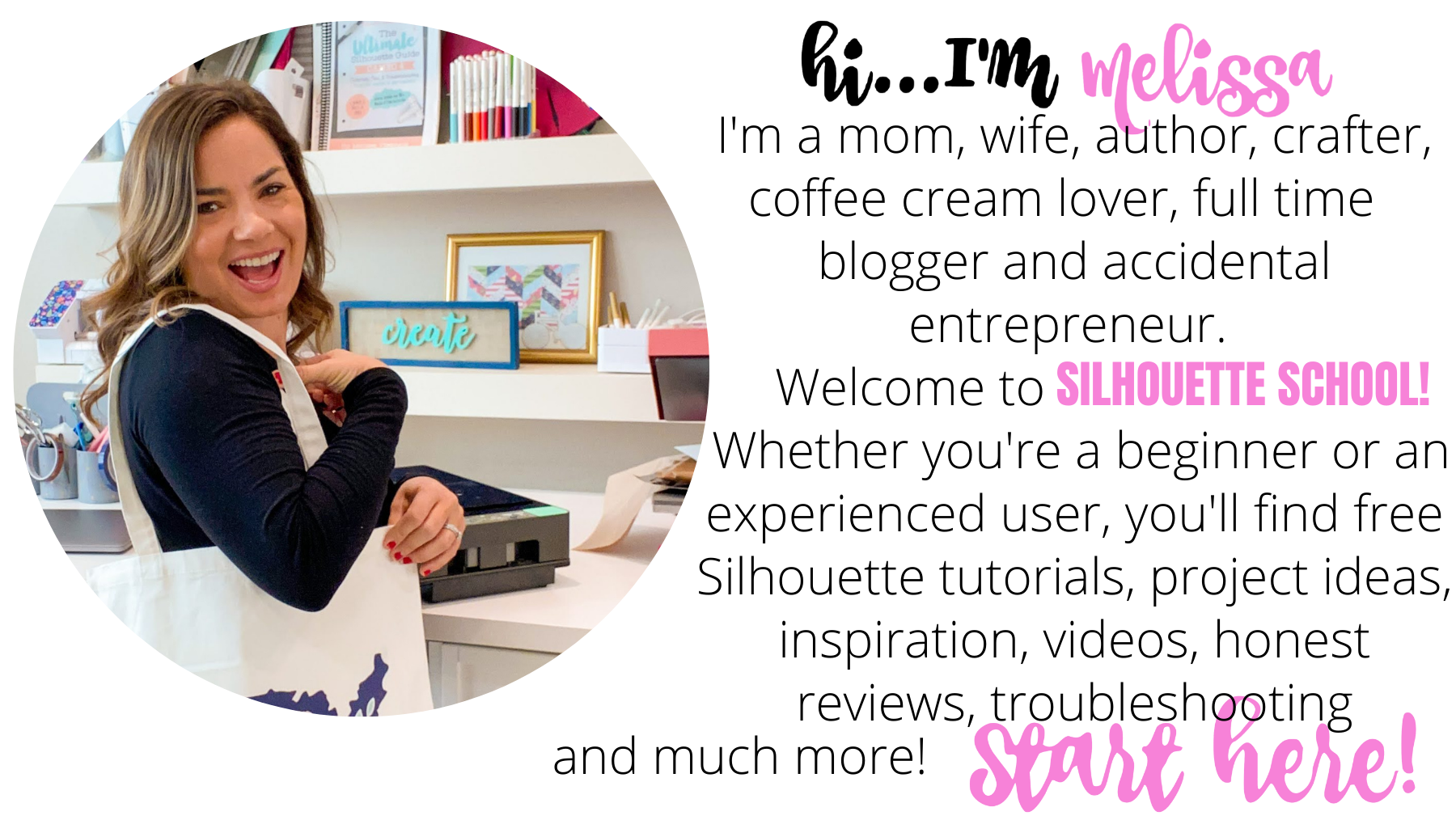I am one of them!
The vinyl wet application works on non-porous surfaces where there are no 'pores' in the surface that can trap air or water.
What Surfaces Work with the Vinyl Wet Method
For example glass, stainless steel, certain types of plastic, finished wood, painted walls, sealed tiles and porcelain are all non-porous surfaces that are prone to bubbles when vinyl is applied. That makes them the perfect candidates for the wet method because you basically squeegee out the water and the bubbles go with the water.Alright let's get started. Cut your vinyl as you normally would and have the surface where you want the vinyl applied ready to go.
Make the Solution for Wet Method Application
Fill a spritzer bottle with about half a cup of water. Add a drop of baby shampoo. I just did a half pump. If you don't have baby shampoo on hand, liquid dish soap is a good substitute. Mix up the solution in your bottle. Set it aside for a minute.Grab your transfer tape or transfer paper (I prefer the tape since it's see-through) and lay it on top of the vinyl design like you normally do.
Hinge Method of Applying Vinyl
Using the vinyl hinge method (with tape across the middle or at the top), described here, lay the transfer tape/vinyl design in the exact location you want to place it on the application surface. Secure it in place with painters tape.Grab your spritzer bottle and LIGHTLY spray one squirt on the sticky/back side of the vinyl. Do another single-layer squirt on the application surface - in my case it was a piece of glass. You don't want too much of the solution, just enough to mist the area.
Now slowly lay down your vinyl design. The solution gives you a little leeway that you can lift back up the design if necessary to reposition. Once it's correct, use your Silhouette scraper to burnish the area and at the same time squeegeeing out the water.
Use a clean, dry towel to wipe up the water as you go. Continue to do this - I try to go all in the same direction (up and down or side to side but not a combination of both) - until you get as much of the water out as possible.
When the water is all out, peel back the transfer tape leaving the vinyl on the surface.
Wipe up the last bit of water. Now your design should be on the surface without any bubbles! If it's a little wet still, just let it sit to dry. This is why it's important to only mist lightly because ideally you get out all of the water as you burnish the layers.
Note: This post may contain affiliate links. By clicking on them and purchasing products through my links, I receive a small commission. That's what helps fund Silhouette School so I can keep buying new Silhouette-related products to show you how to get the most out of your machine!
Thanks for coming to class today at Silhouette School. If you like what you see, I'd love for you to pin it!





















.png)




I love that font, I have been looking for a pretty F, can you tell me the name of the font? That's for the info on applying wet vinyl
ReplyDeleteIts Samantha
DeleteI can't wait to try this! I've been seeing people mention in my FB groups, but finally remembered to come to school and see what you had to say. You've got a tutorial for everything!
ReplyDeleteMelissa, are you using the AT65 plastic transfer tape for this? I can't seem to get it to work for me as it never seems to 'dry' enough for me to lift off. Some people have told me that it needs to be the paper tape, but for bigger designs, I only have the AT65. Thoughts? :)
ReplyDeleteAll you wish to try to to is place the milk formula, or perhaps your own milk into the bottles and once your baby is hungry, simply offer the bottle to the baby and that they will suckle the delicious contents whereas you attend to your chores http://neobabycenter.com.
ReplyDeleteI discovered not very many pumps with a free, movable buoy switch. On the other hand, I discovered that if a piggyback switch was utilized, I could include an autonomous buoy switch. Very few autonomous movable buoy switches were accessible. I found I could supplant glide switches that came hard-wired to a pump on the off chance that it returned with a piggy switch. Luckily most pumps don't accompany an inherent check valve. Concerning gallons every hour, I found somebody half strength sump pumps have a more noteworthy or close equivalent gallons every hour pumping ability than some three-quarter pull pumps because of engine productivity. Evaluating the producer determinations helped me limit the quantity of pumps from which to choose the "best" pump.
ReplyDeleteit's Associate in Nursing unwelcome and typically dangerous traveler for the frame. attributable to the lowered immune potency of your baby as with anyone with a compromised immune system sterilization of something like plates, cups, spoons, bottles etc http://neobabycenter.com.
ReplyDeleteHow does the vinyl stick if the surface is wet? Doesn't it remove the stickiness of the adhesive? Scared to try this but am so worried about bubbles.
ReplyDelete